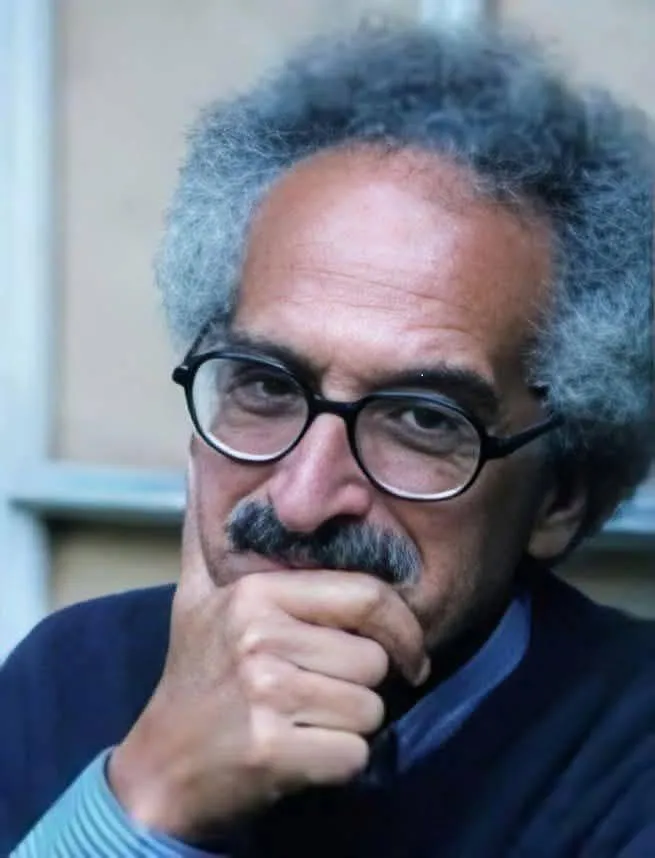The Passing of a Literary Giant
At the age of 88, renowned Egyptian writer God made Abraham has passed away, leaving a significant impact on the Arabic literary circles. He was one of the most important symbols of the six generation in the art of narrative and the novel, known for his works that sparked controversy and debate, especially in the first half of the last century.
A Legacy of Literary Excellence
The Egyptian Prime Minister, Dr. Mustafa Madbouly, mourned the loss of the great writer, emphasizing his appreciation for Abraham’s abundant literary legacy, which spans decades and includes numerous literary texts that have been translated into visual artistic production. Madbouly noted that Abraham’s works represent a sincere mirror of the community, with all its contradictions, and that his pen is characterized by its depth and perspective in dealing with thorny social problems.
Tribute from the Minister of Culture
Dr. Ahmed Fouad Hano, the Egyptian Minister of Culture, described Abraham as a writer who left behind a literary and human heritage that will remain present in the conscience of Egyptian and Arab culture. Hano pointed out that Abraham was one of the pillars of contemporary Arab narration, known for his constant commitment to the issues of the homeland and man, which made him an example of a creator who combined creative genius with a deep sense of social responsibility.
A Unique Creative Experience
The "Al-Jazuit Cultural Center" in Alexandria described Abraham as one of the most important fictional voices in the Arab world, with a unique creative experience that combined literature, documentary, imagination, honesty, and resistance. His literary works have made a significant impact on the Arab library, affecting generations of writers and creators.
Resistance without Noise
Writers, critics, and intellectuals took to social media to pay tribute to Abraham, emphasizing his commitment to free and courageous expression, whether on the general political level or on individual concerns. The writer Ibrahim Abdul Majeed described Abraham as "the teacher and friend of beautiful life," while Waheed Al-Tawila wrote: "God made the size, without a sound… his presence, was nothing, or it was not."
A Certificate Injured by Love
The writer Mai Al-Tlemceni published a speech entitled "A certificate violated by love," in which she said that many people were unanimously gathered through their love and respect for Abraham, appreciating his long history in creative writing and political struggle. Al-Tlemceni added that Abraham’s full retreat from the circles of power and working systems was a rare trait among writers.
Saddam with Censorship
The writer and poet Shaaban Youssef recalled how Abraham published his first novel "That Silence" in 1966, which was met with great enthusiasm by Dr. Youssef Idris. However, the novel was later confiscated by the authorities after triggering rejection and acceptance. Youssef noted that Abraham’s novel was a pioneer in its time, getting rid of loose metaphors and phrases that were common in previous accounts.
Ghumokh and Lessons
The Bahrainian critic Dr. Fahd Hussein described Abraham as a writer who did not long for his body and did not insult his person, but instead presented a narrative product that should be in the libraries and in the memory of those who deal with literature. The writer Ahmed al-Khamisi believed that Abraham’s intellectual commitment to the concerns of home was the most important feature of his experience, since his first novel "this smell" and subsequent works.
A Lasting Impact
The critic Dr. Amani Fouad noted that Abraham’s method made him one of the novel authors in the history of the narrative, with unmistakable characteristics that revealed the hidden relationships between political, economic, and cultural events. Abraham’s passing has left a significant void in the Arabic literary scene, but his legacy will continue to inspire and influence generations of writers and readers to come.

